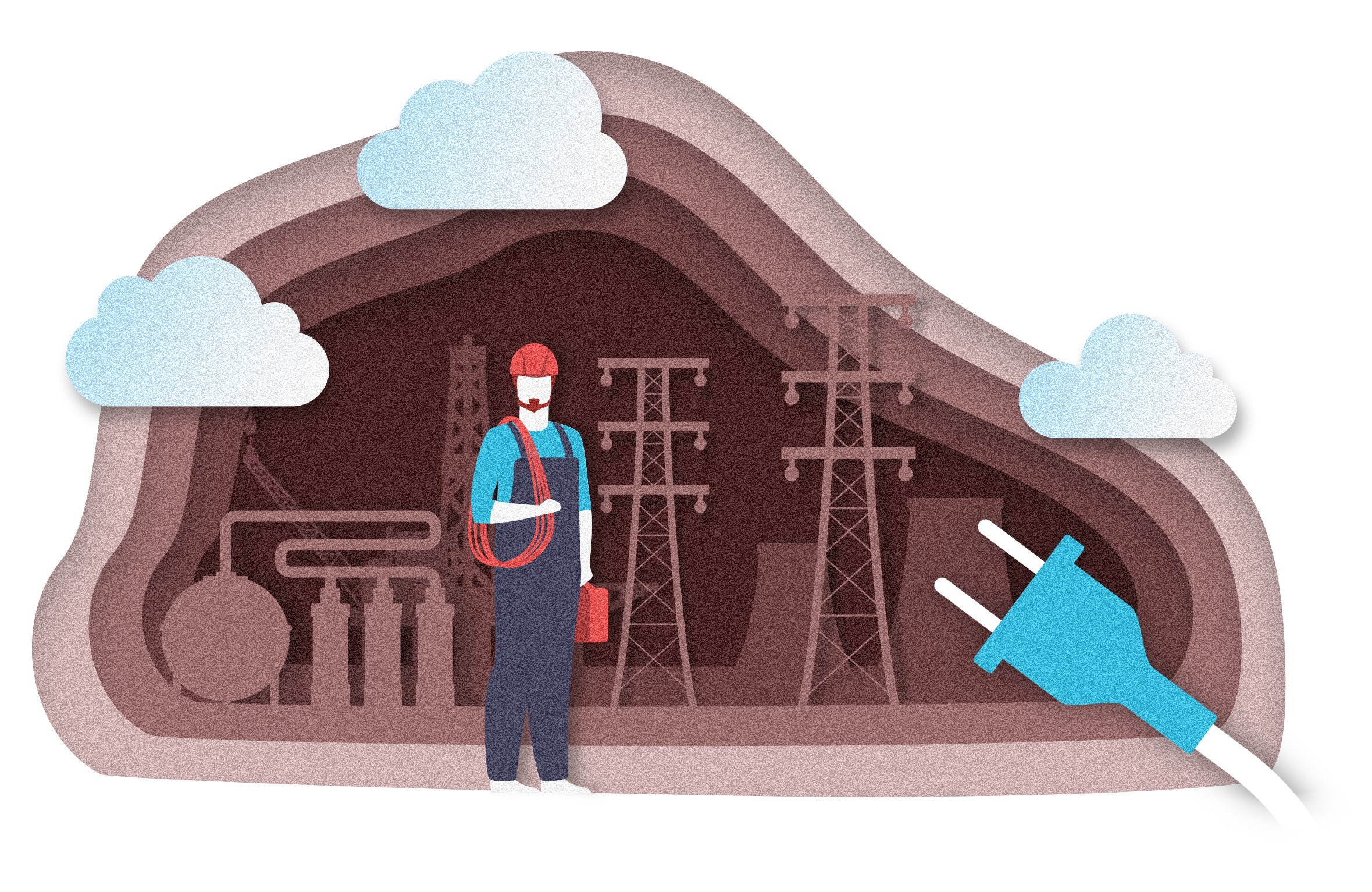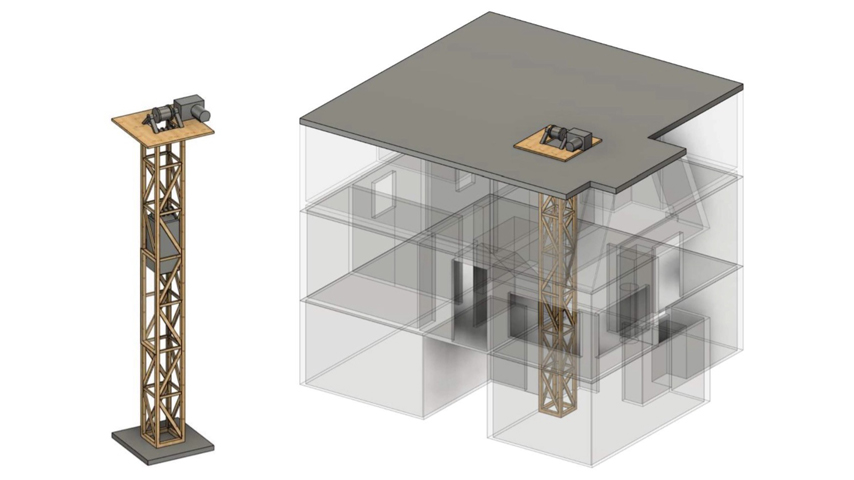Infographic: The Unintended Consequences of Germany’s Nuclear Phase-Out
Infographic: The Unintended Consequences of Germany’s Nuclear Phase-Out


Green Party activists were worried about reactor accidents, but coal pollution is killing thousands.
The government of Germany, under pressure from a large number of Green Party voters, enacted a plan to phase out all its nuclear reactors by 2022. Today, nine German reactors have been shuttered and the other seven will be closed in the next two years.
The move was prompted by fears over the ecological impact of nuclear power, but many experts pointed out at the time that eliminating nuclear power could have a large negative effect of its own: Keeping coal-fired plants up and running and emitting carbon dioxide and other pollutants into the atmosphere.
Recently, a team of economists compared the health and economic costs of the nuclear phase-out to an alternative where nuclear plants kept running and coal was shut down. The price tag? The economists estimate the shift from nuclear to coal has exacted a “social cost” of $12 billion per year. And an annual toll of more than 1,000 extra deaths due to pollution.
The move was prompted by fears over the ecological impact of nuclear power, but many experts pointed out at the time that eliminating nuclear power could have a large negative effect of its own: Keeping coal-fired plants up and running and emitting carbon dioxide and other pollutants into the atmosphere.
Recently, a team of economists compared the health and economic costs of the nuclear phase-out to an alternative where nuclear plants kept running and coal was shut down. The price tag? The economists estimate the shift from nuclear to coal has exacted a “social cost” of $12 billion per year. And an annual toll of more than 1,000 extra deaths due to pollution.




